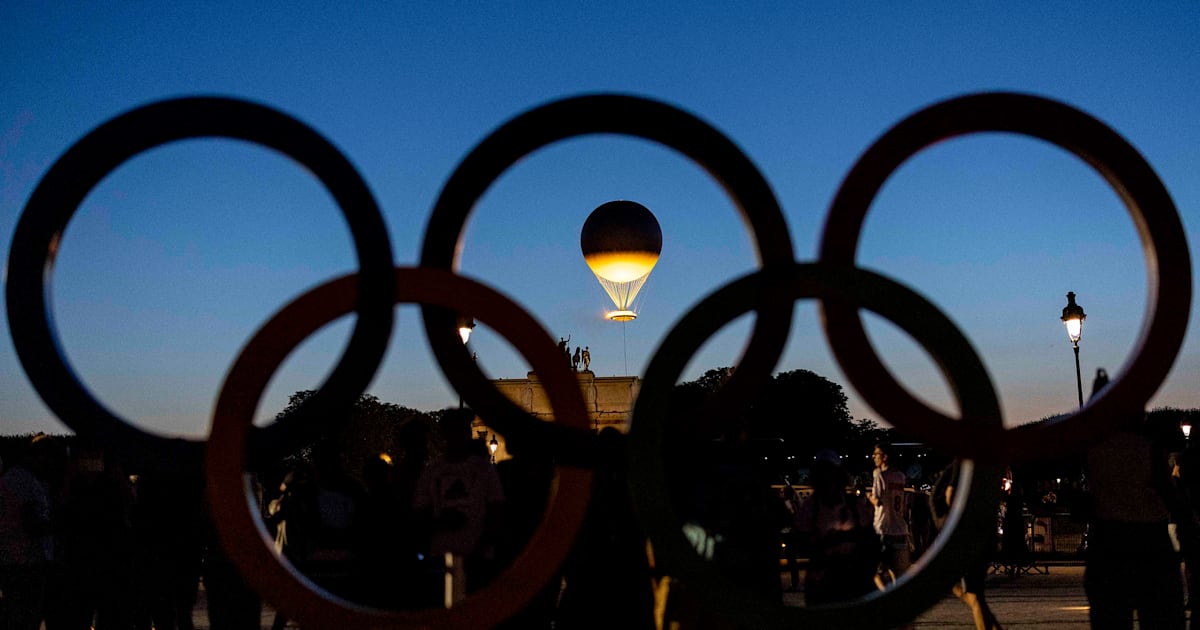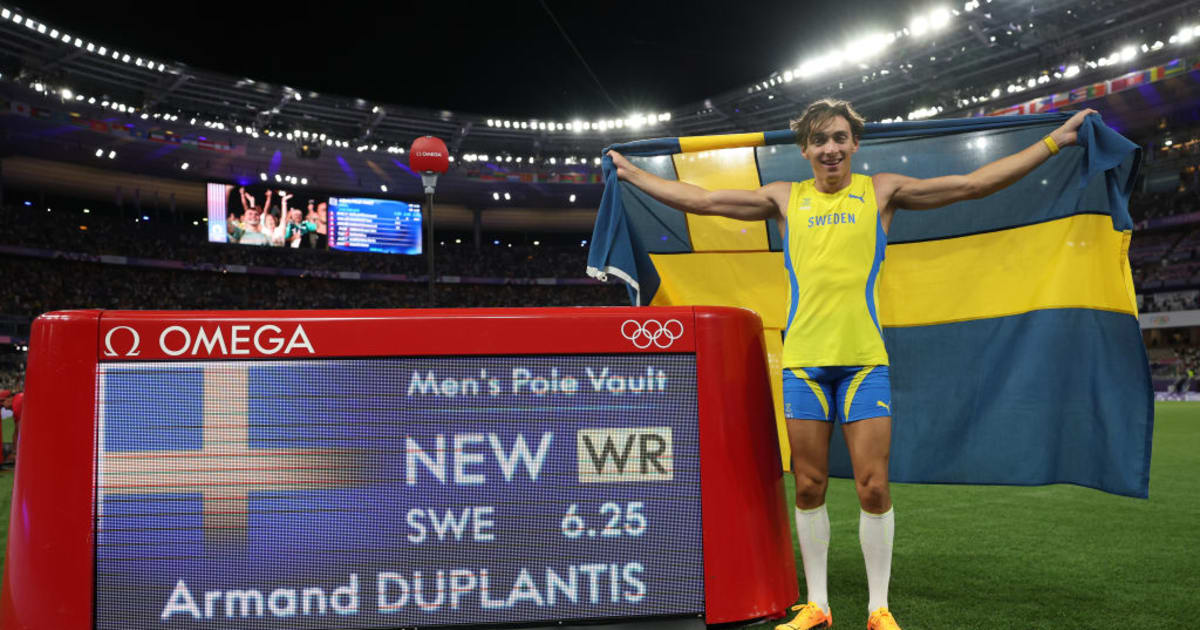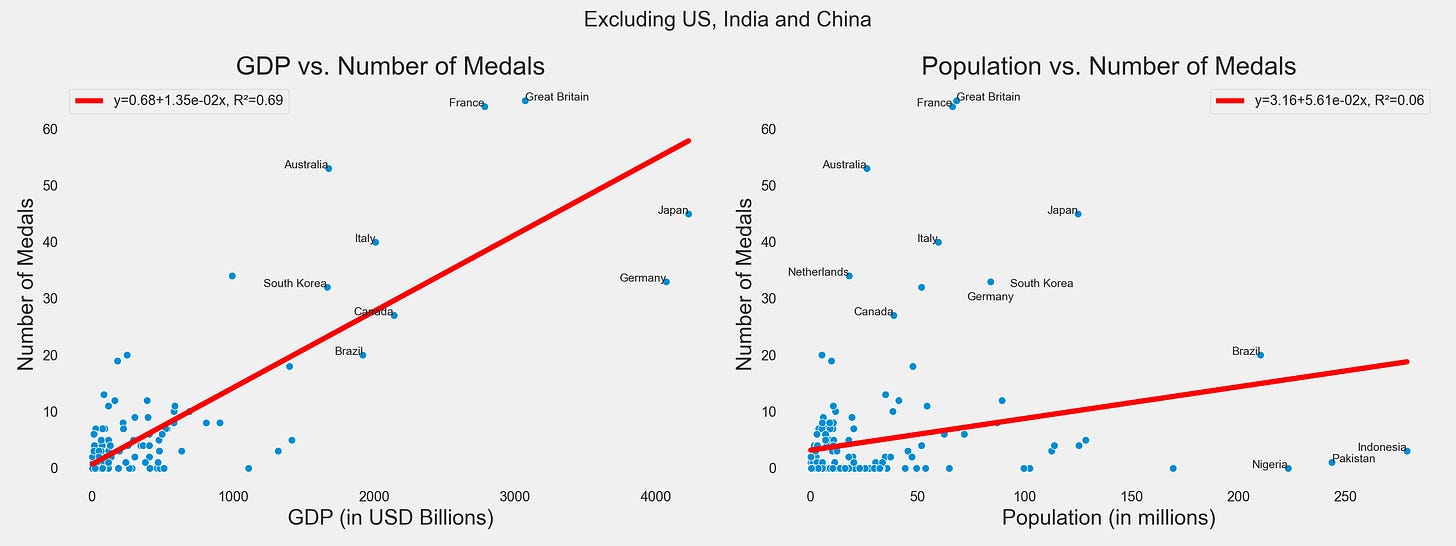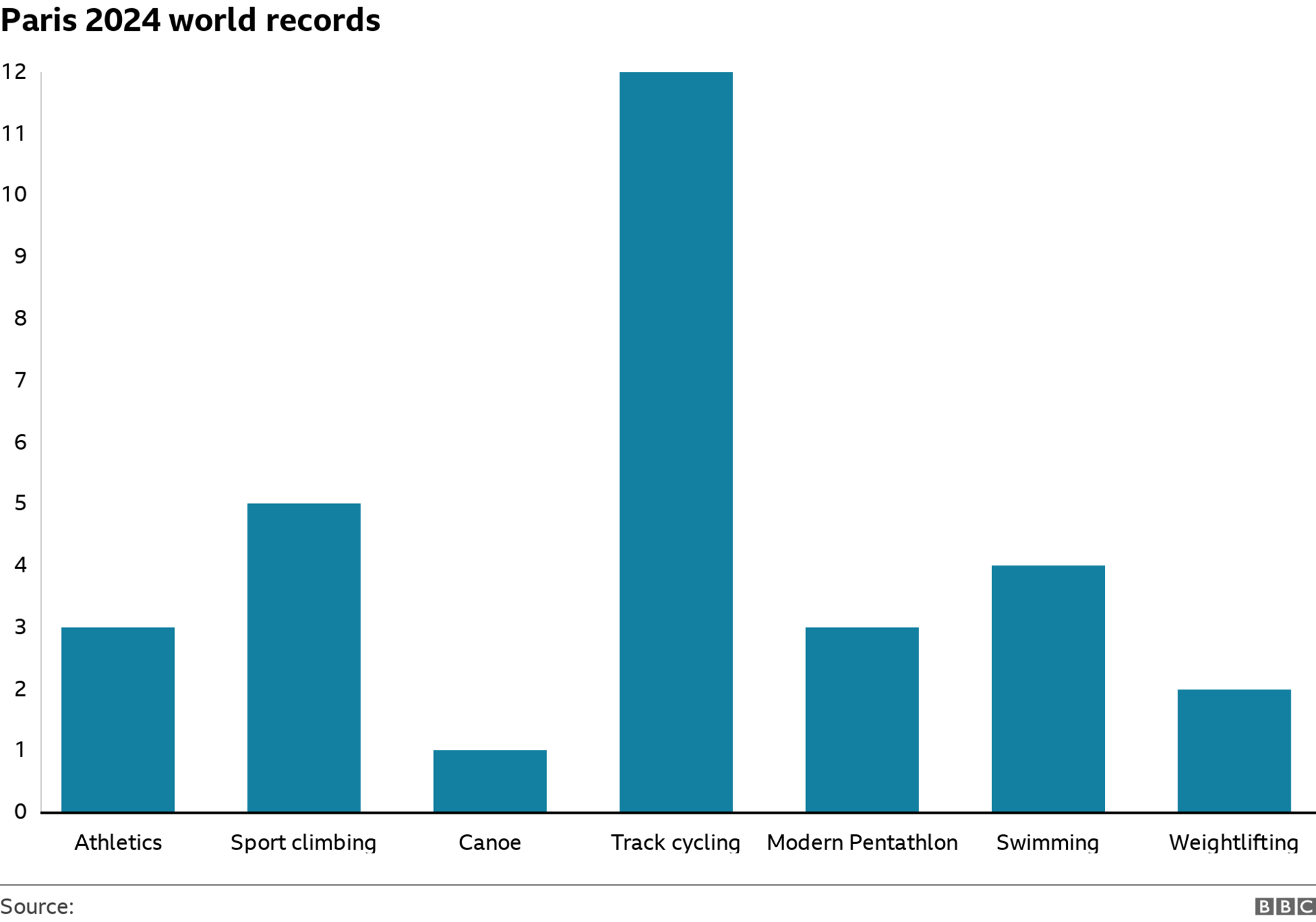
The performance of countries in the Olympic Games is influenced by a multitude of factors, including economic resources, social contexts, governance, athlete development, and historical performances. Analyzing the data and trends from the Paris 2024 Olympics offers valuable insights into what drives success in this global sporting spectacle.
Economic Development and Resources

A significant factor that dictates a nation's success at the Olympics is its economic development. Wealthier nations generally secure a distinct advantage, winning a disproportionate share of Olympic medals compared to developing countries. This trend was evident in the 2024 Summer Olympics, where the top ten countries captured 63% of the available medals, underscoring how economic resources facilitate better training facilities, professional coaching, and comprehensive support systems for athletes[3].
Countries with greater GDPs can allocate larger budgets to sports infrastructure, which often results in enhanced training environments. For instance, nations prioritizing investment in sports and athlete development programs tend to see more successful outcomes. The United States, with the highest GDP globally, secured 126 medals at Paris 2024, demonstrating how economic stature correlates with Olympic success[1][3].
Athlete Development Programs

Investment in athlete development also plays a crucial role. Effective training programs, quality coaching, and access to state-of-the-art training facilities allow athletes to reach their potential. For example, the Olympic Solidarity program provided funding and training support for numerous athletes from different countries, improving their chances of success in the Olympics[2]. Such initiatives have proven critical, especially for scholarship-holders who won a notable number of medals during these Games[2].
Social Factors and Gender Equality

Social dynamics, including the promotion of gender equality, additionally influence Olympic outcomes. The Paris 2024 Games were notable for achieving full gender parity, with equal participation from male and female athletes. Countries that champion gender equality in sports often see better medal counts, as both male and female athletes receive equal resources and opportunities[2][3]. This approach not only enhances performance but also fosters a more inclusive sporting culture.
Historical Context and Population Size
While economic factors are pivotal, history and traditional strengths in specific sports contribute to a country’s Olympic success. For instance, countries like Japan and the USA have consistently performed well due to established sports traditions and effective governance structures that prioritize sports[5][6]. However, it's important to note that population size does not necessarily correlate with medal success. The analysis post-2024 showed that larger nations sometimes struggle to match the performance of smaller countries with fewer resources but targeted athlete development[1][3].
Developing countries such as Saint Lucia, which won its first Olympic medal at Paris 2024, illustrate that success can emerge even against economic challenges when strategic investment in sports is made. Athletes from these nations often excel in specific sports, demonstrating that determination and focused development can equal Olympic glory, regardless of a country’s economic status[3][4][10].
The Impact of Political and International Contexts

Political stability and governmental support for sports can also influence Olympic performance. The absence of Russian athletes during the Paris Games due to geopolitical tensions reshaped the competitive landscape, allowing other nations to seize opportunities that might not have been available otherwise[6][9]. Such changes highlight the importance of international relations and policies in determining which nations can effectively compete at the Olympics.
Record-Breaking and Success Stories

The Paris 2024 Olympics saw numerous records broken across various sports, evidencing a high level of competition and talent. Athletes like Leon Marchand of France shone brightly, securing multiple gold medals and setting new records, which not only brought success to his nation but also highlighted the effectiveness of the athlete development programs in place[5][10]. Similarly, the achievements of some nations in specific sports, such as wrestling and boxing, demonstrate how focused training initiatives can result in notable successes despite the broader economic context[3].
Conclusion
The intersection of economic resources, athlete development programs, social equality, historical context, and political situations create a complex environment that impacts a nation's Olympic success. While wealthy nations generally dominate the medal counts, exceptional performances from smaller or developing countries remind us that with strategic investment and focused efforts, Olympic success can be achieved by nations across the economic spectrum. Moving forward, understanding these factors will be crucial for policymakers and sports federations aiming to foster sporting excellence on a global scale.
Get more accurate answers with Super Pandi, upload files, personalized discovery feed, save searches and contribute to the PandiPedia.
Let's look at alternatives:
- Modify the query.
- Start a new thread.
- Remove sources (if manually added).